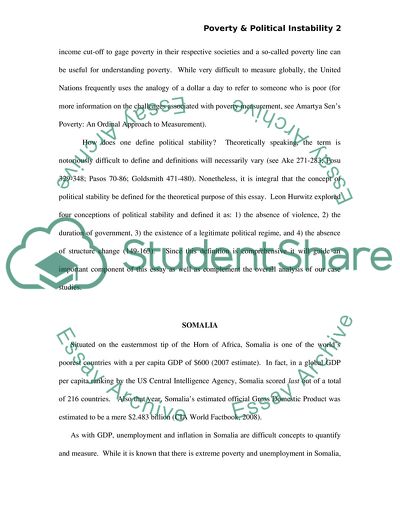Cite this document
(Global Ramification of Poverty Assignment Example | Topics and Well Written Essays - 2250 words, n.d.)
Global Ramification of Poverty Assignment Example | Topics and Well Written Essays - 2250 words. https://studentshare.org/sociology/1717841-poverty
Global Ramification of Poverty Assignment Example | Topics and Well Written Essays - 2250 words. https://studentshare.org/sociology/1717841-poverty
(Global Ramification of Poverty Assignment Example | Topics and Well Written Essays - 2250 Words)
Global Ramification of Poverty Assignment Example | Topics and Well Written Essays - 2250 Words. https://studentshare.org/sociology/1717841-poverty.
Global Ramification of Poverty Assignment Example | Topics and Well Written Essays - 2250 Words. https://studentshare.org/sociology/1717841-poverty.
“Global Ramification of Poverty Assignment Example | Topics and Well Written Essays - 2250 Words”. https://studentshare.org/sociology/1717841-poverty.


